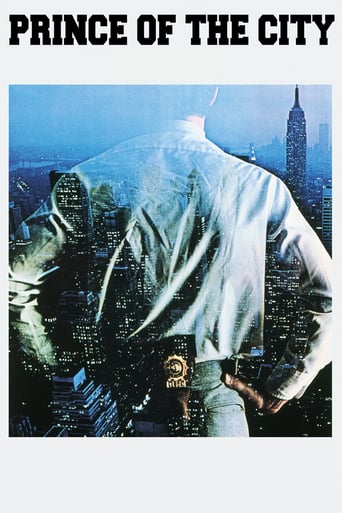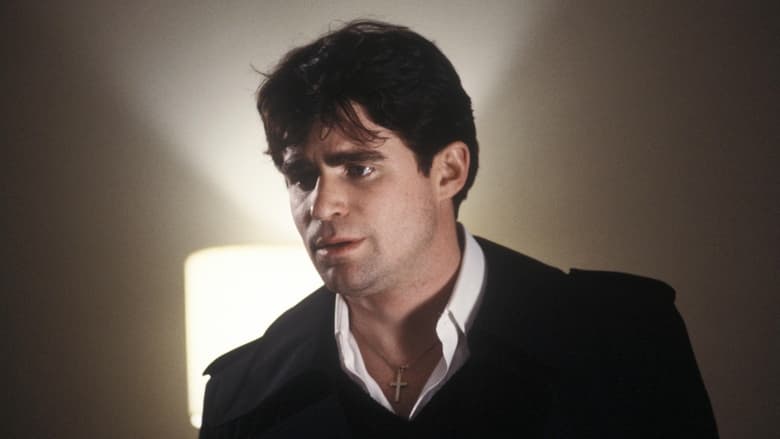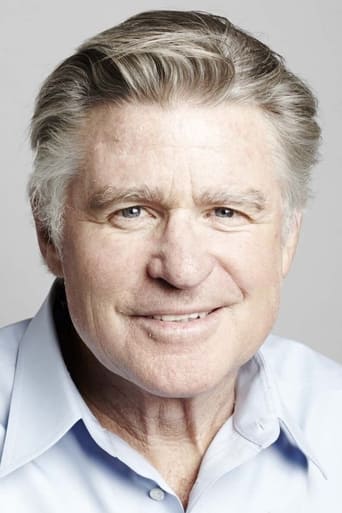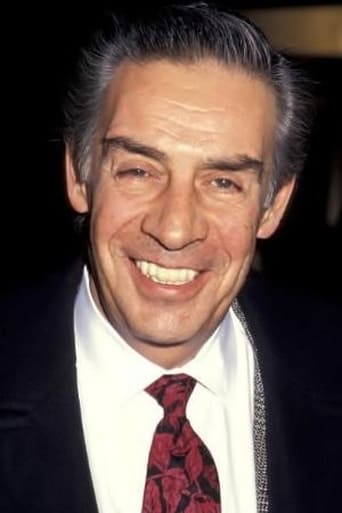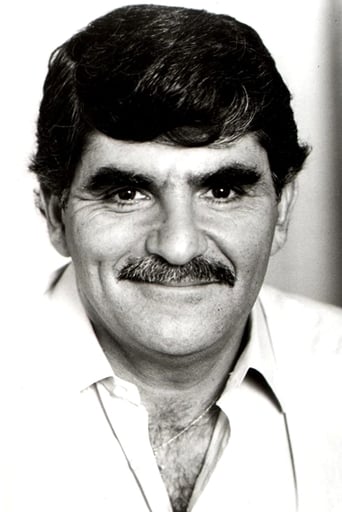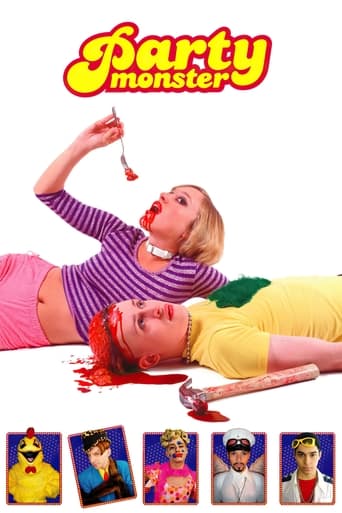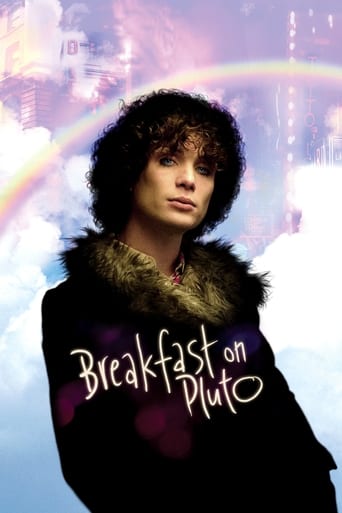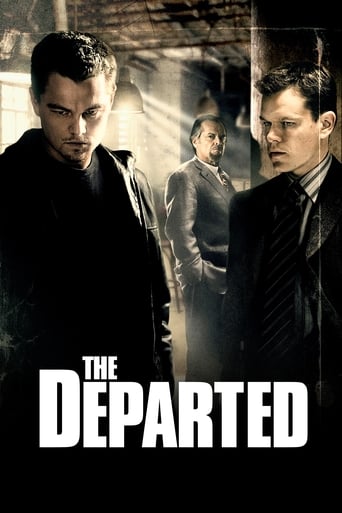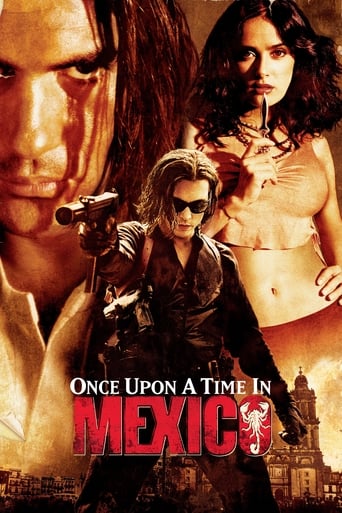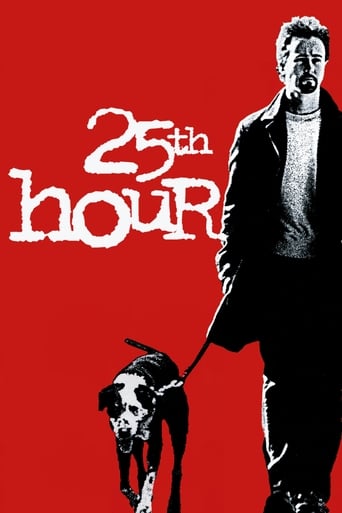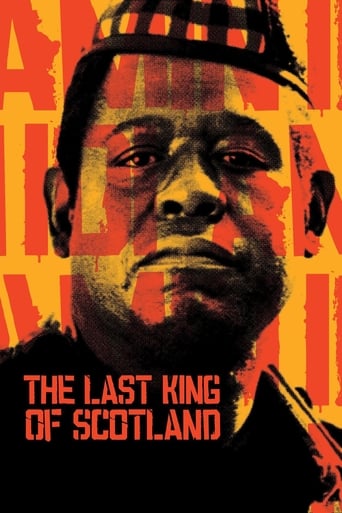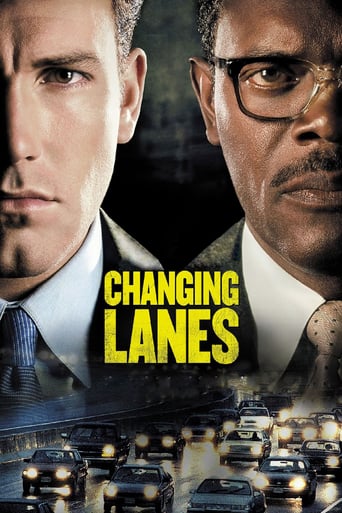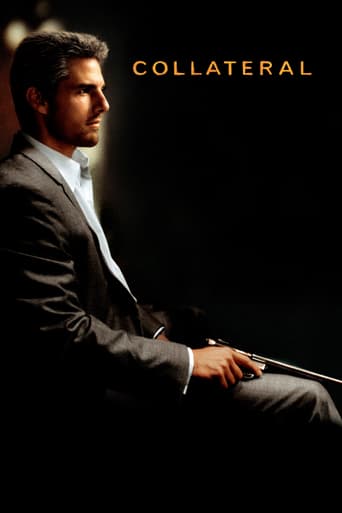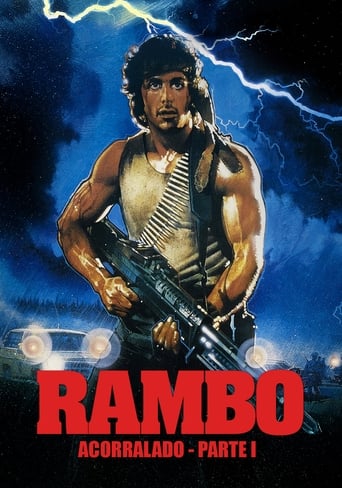Prince of the City (1981)
New York City detective Daniel Ciello agrees to help the United States Department of Justice help eliminate corruption in the police department, as long as he will not have to turn in any close friends. In doing so, Ciello uncovers a conspiracy within the force to smuggle drugs to street informants.
Watch Trailer
Free Trial Channels
Cast


Similar titles
Reviews
Very very predictable, including the post credit scene !!!
Slow pace in the most part of the movie.
good back-story, and good acting
This movie feels like it was made purely to piss off people who want good shows
Most excellent entertainment on all levels. If you love cop stories, action, inside track dialog, mobsters and fast pace thrills and suspense then get to watching this classic right away. You will be very glad it is a long movie as well and not wanting it to end when it does another great sign of a good movie. The characters own their roles and that helps capture the viewer and hold them glued to the screen. Another great test of a good movie is if it has memorable scenes. I have seen this movie and have lost count and will continue to see it periodically. It just has an appeal that goes to work as a good story and makes it that way every time you view it. The music is good and fits the movie theme well. Lots of dilemma in this movie as in conflict. Some of the choices having to be made are on the gut level and we wish not to have to travel this way ourselves. Instead, we watch to see how Detective Daniel Ciello handles it and ask "would we do the same'? Great characters and good balance of cops, district attorneys and power in both worlds. If the DA gets the goods on you, you are toast is well-acted out here yet the main character states quite well that without cops and the risks they take whatever they are there would be no protection past them. In other words you need us so don't kill us off when you catch us doing wrong. Both sides of that coin are presented quite well. In one climatic scene, a group of prosecutors, I mean some pretty powerful guys are all in a room discussing the fate of Detective Ciello. This is one of the most believable scenes to be found and then some too. You can taste the anguish, morale arguments and character above and beyond dynamics as this group not only articulates it well but acts it out too. Very impressive. Imagine if your fate was tied up in that room. Which way would it fall for you? Prince of the City. You can be this in any profession if you are that good.
At one point one of the characters of "Prince of the City" quotes this: "The law means everything to me and if any arm of the law is corrupt nothing can work, nothing. It is simple as that." But both the movie and the real life seems to proof that the law is a body and the arms of the law has too many hands, too many fingers and they always want more than they can and should carry, they don't follow what the brain says: don't be corrupt, respect the honor code and things like that. In the story all the parts (police officers, detectives, district attorneys) works on different levels, one team doing the right thing and the other being corrupt, stealing and other assorted things. But in the story there will be one guy who has the proof to others and to himself that he can change things and make the law work again even though he was part of the wrong side.Sindey Lumet's second installment on the dark side of the law is "Prince of the City" whose story resembles "Serpico" and "Night Falls on Manhattan", both of these films telling stories about the lack of ethics of police detectives on law's duty. It tells about good people who want to bring these people to court and judge them for their crimes. The movie was taken of a real case. Treat Williams plays Daniel Ciello a corrupt police detective approached by a prosecutor (Norman Parker) to catch another detectives like him involved with the Mafia and other unethical behavior and bring them to trial. This detective is reluctant, nervous about what he's going to do, only accepting the task with one condition: he won't rat any of his friends, they must be out of the investigation. But that seems to be impossible. Daniel will be spiraling out of control while investigating another police officers, detectives, drug dealers, mobsters, recording their conversations but the D.A.'s office wants more and more names and some of Daniel's friends might get burned. Will Daniel survive to all this pressure?By hearing the plot you'll think that the film is filled with clichés and it has some, but for the most part "Prince of the City" stays in a original presentation of facts on a thrilling story that goes for almost three hours without boring the viewer. Here's a story about a guy who wants to get some redemption over his corrupt and criminal past trying to do the right thing, but he always see that doing the right thing is not so easy, and probably he'll disappoint his friends and family by investigating another cops. Treat Williams has a incredible performance playing this tough guy who has a Shakespearian dilemma and must fight against everything and everyone.The drama is very convincing, knows how to deliver some tense moments and it also has a strong but slightly sense of humor (the detectives meetings talks is a great example). Lumet did a terrific job here, among his best films of all time and I dare say that it is was better than "Serpico" even Lumet must think that because he always felt that "Serpico" was one dimensional, it didn't embraced the police work and the law work as a whole, it wasn't so much realistic. "Prince of the City" skilfully managed to get all that, presenting a deep and powerful statement over both sides of the law. Among the best moments of the film I select Daniel's testimony on court about the things he made and seen while on duty, and the prosecutors reunion trying to decide Daniel's future, having one side against him, quoting that he's a criminal and other supporting him, saluting this man's good work for them. These two moments are perfectly alternated between each other (thanks to a great editing), creating a extraordinary effect on the viewer.The supporting cast includes good performances of Jerry Orbach, Bob Balaban, Richard Foronjy, Lance Henriksen, Lane Smith, Lindsay Crouse, James Tolkan, Norman Parker (he should've obtained a Oscar nomination for his role), one cameo by Alan King and one small scene featuring a very young Cynthia Nixon. This a truly case of a great but underrated movie. 9/10
"The law doesn't know the streets." But that doesn't mean that blurring the lines of the law is necessarily a good thing. Many law officials criticized this film during its release, perceiving it as glorifying its corrupt cops and vilifying the prosecutors who toiled to convict them. That is not what the film does. There are no black and white hats here. The story divides its characters into two sides, yes, but they are all struggling throughout to assert a concrete ideology within the oceanic gray area that is the law, and the good and evil it represents.The axis of the film is that Danny Ciello will not inform on his partners. Outside of his wife and kids, who know them like uncles, they are the only people who care about him. He will make the deal to talk about the involvement of narcotics in the corrupt activities of other cops, but not his dear and implicitly loyal friends. As we watch this movie, it is about narcs and New York City crime, but Sidney Lumet wants the underpinnings to be just as visible, how in a corrupt world, one cannot go straight without burning cherished bridges.Lumet gets to the heart of the war on drugs. And we see how it is, was, and will continue to be an utter failure. Addicts depend on the drug. Police depend on the continuation of the trade to uphold their status, and if not their status, their basic living condition. They know that if addicts are going to cooperate with them, they need their drugs. They know that if the courts are going to cooperate with them, drugs must be confiscated and accounted for. They know why they became cops, but they also know more than anyone else on their theoretical side of the law how miserable life is for a junkie. This is a lonely, dangerous and thankless dichotomy of a 24-7 job that's never finished, and if they want to skim a little drug money, that's their way of making it feel more worthwhile.Because Danny Ciello, based on New York cop Bob Leuci, who cooperated in a 1971 internal affairs investigation, is such a demanding and grueling role, almost always on screen in stressful, tiresome and emotional situations, I spent a good deal of the movie having trouble with the casting of Treat Williams. He was a no-name at the time, and that is what Lumet wanted, but there is something incongruously theatrical about Williams that is inconsistent with the rest of the actors. But he does convince us in the latter half of the film that he is falling to bits on account of his job, his testimony and the inextricable fate of the two that he will eventually have no choice but to rat on his friends.Prince of the City is a crime film, about cops, drug dealing, set in New York, and Lumet captures the gritty NYC streets of the 1970s that he encapsulated in Serpico and Dog Day Afternoon as if the era had never left. But it's not a violent film at all. There are many characters, hardly any of whom we really get to know beyond their legal and moral standpoints in the story. There is a later scene wherein a meeting of prosecutors debate whether or not a charge of perjury is justified. Its ethical issues are passionate and effective to us, but the verdict is a coin toss in the political climate. The movie answers none of the gray questions posed. It only threatens with possible scenarios.
PRINCE OF THE CITY is a film about a narcotics officer who co-operates with Internal Affairs to build a case against criminals and policemen involved in police corruption.This movie is painful to watch, because its protagonist is so pitifully stupid. From the start, he knows exactly what could go wrong if he becomes a rat for IA, but he still goes ahead and does it. The real problem is that when everything DOES go wrong, he is just astonished. Unfortunately, that astonishment translates into Treat Williams bellowing and shrieking for almost three hours, while the audience just shakes our heads in indifference. His Danny Ciello is everything which is wrong with cop movies or cop TV shows; the self-pity and self-obsession, the constant rationalization, the hiding behind cop myths and partner myths, and the corruption. The movie is such that to have a point, the viewer would have to empathize on some level with it's protagonist, but this protagonist, and the actor who portrays him, make that impossible. His issues are non-issues. He wasn't taken in, he wasn't deceived, he knew exactly what was going to go wrong, and then it did. His only real issue is that he's upset about it. We aren't upset for him, because he walked right into it. When he lies, he's not convincing. When other characters believe his lies, they just make us angry at their stupidity. When he lies again and again about giving drugs to his informants, he wears out our patience completely, and when he reacts in fury that no one believes him, we get up to do the dishes.Toward the end of the movie, James Tolkan's prosecutor character confronts Ciello and says, "That's how you got here, don't you understand?" Williams' facial expression here is unintentionally hilarious, because it is obvious that he does not, in fact, understand, anymore than he has understood anything else that's happened in the film.Lindsey Crouse as Danny's wife has all the personality and warmth of a statue in a dump in the dead of winter. None of her interactions, or her purpose as a character, make any sense. Neither do Williams' interactions make any sense. In the beginning, he smacks his brother around. His brother is screaming his head off, and Danny is beating the hell out of him, but we don't know what they're talking about, and it is not clear what this is supposed to show us about either of them, so there's no point to any of it. This scene, like most of the film, just comes off as an acting class exercise of some sort. If he's not screaming at someone or trying to choke them to death, he's hugging them like they are his dearest friends. None of these are ever appropriate to the scene or to the characters.The movie is easily an hour too long. A 2-hour film, or a 90-minute film, would have been fine, because there is not enough story for more than that. You could chop out the middle hour, have a placard that said "3 years later", show the concluding scenes, and it would be over. Having no story allows Sidney Lumet to practice cinematographic techniques without distractions. A film school student might enjoy watching his touches here and there, but an acting student, or a viewer hoping to be entertained, should avoid it like the plague.

